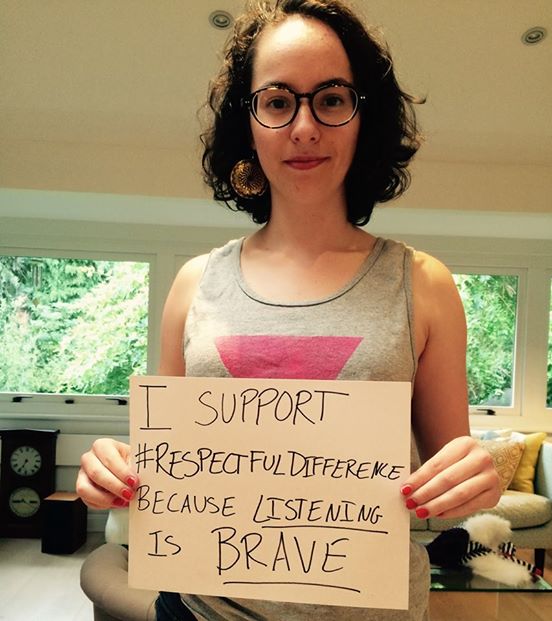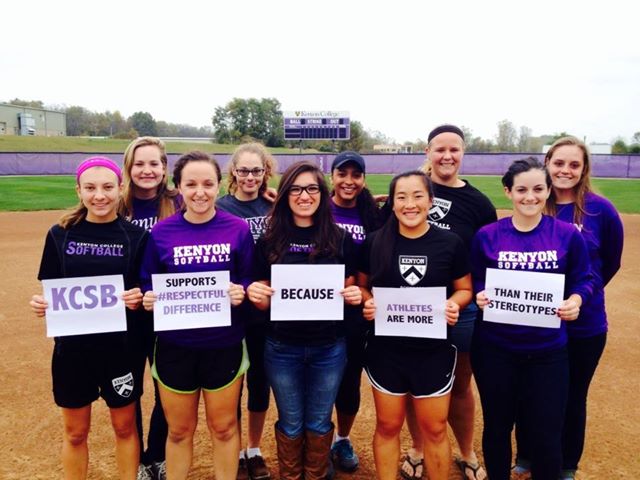You have /5 articles left.
Sign up for a free account or log in.
Bullying and intimidation on anonymous social media platforms have been a pervasive problem on college campuses for some time. Each academic school year seems to bring a new app or website to prominence as the mechanism of choice for posting hostile messages.
Discussion of Online Bullying
Kenyon's Sean Decatur and Inside Higher Ed blogger Eric Stoller will discuss how colleges should respond to Yik Yak on "This Week," Inside Higher Ed's free weekly news podcast, on Friday. To be notified of new editions of "This Week," sign up here.
This year, Yik Yak is the app du jour; racist, sexist, and homophobic comments posted on Yik Yak have led to student protests on some campuses, and attempts by administrators to block access to the site on others. But Yik Yak is not the problem; in fact, I am confident that the hype over this particular app will soon die down, and it will be replaced by some new, more exciting tool. The problem lies in a culture that accepts – indeed embraces – the act of broadcasting, behind a protective mask of anonymity, statements that most would find offensive.
 Kenyon College, where I serve as president, has not been immune to this. Anonymous postings to social media have spurred vigorous debate on campus in prior years. This year, however, the posting of statements that attempted to find humor in sexual assault as the campus prepared for Take Back the Night Week provoked a particularly strong response. Part of the conversation on campus has focused on the specific content: the fact that rape and sexual violence are never laughing matters and the reality that these types of anonymous postings have a threatening and chilling impact on the campus community.
Kenyon College, where I serve as president, has not been immune to this. Anonymous postings to social media have spurred vigorous debate on campus in prior years. This year, however, the posting of statements that attempted to find humor in sexual assault as the campus prepared for Take Back the Night Week provoked a particularly strong response. Part of the conversation on campus has focused on the specific content: the fact that rape and sexual violence are never laughing matters and the reality that these types of anonymous postings have a threatening and chilling impact on the campus community.
More broadly, this discussion has stirred renewed dialogue on the very nature of anonymous postings and disrespectful, uncivil dialogue on campus. Academic institutions must create spaces for dialogue and conflicting views – this is the very heart of the concept of academic freedom. At Kenyon we value (and indeed celebrate) both the right to express dissenting views and the responsibility to respectfully listen to those opinions. We may disagree and challenge with rigor, but always with respect.
But our embrace of academic freedom as a principle means that we must reject bullying and intimidation that squelch debate and dissent and inhibit learning. Personal attacks and provocative statements made behind the shield of anonymity are not protected by academic freedom; rather, these actions restrict and stifle it. Difference, dissent, and debate must occur in an open, respectful environment, and the type of targeting and bullying of individuals or groups that occurs in anonymous social media harms this environment.
In an effort to promote an open, respectful environment that enables difference, dissent, and debate, a group of students have started a project on Facebook (#Respectful Difference). The project uses social media to positively assert the values of civility and respect and the importance of dialogue to bridge different views. The concept is simple: Members of the Kenyon community (as individuals or groups) are photographed with simple statements about why they value respectful difference, post them to social media, and challenge peers and friends to do the same. By reclaiming social media as a space for civil discussion, and by rejecting anonymity, this project has been a way for Kenyon students, faculty, staff, and alumni to assert the central values of academic freedom.
Will this simple project change the culture that fuels anonymous online bullying? We’d be naïve to believe that this is sufficient to solve the problem. Hateful speech arises from systemic inequality, which must be addressed in order to achieve cultural change. The campaign has drawn some fair criticism on campus that a call for open dialogue is not enough, that root causes must be challenged as well. But this student-inspired campaign starts the process for an open dialogue that is a prerequisite for change and it sends a powerful message about the values of our community.









